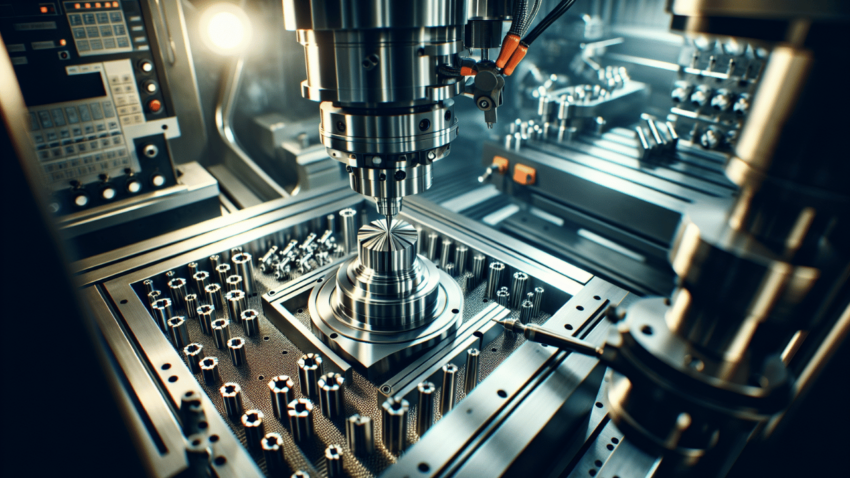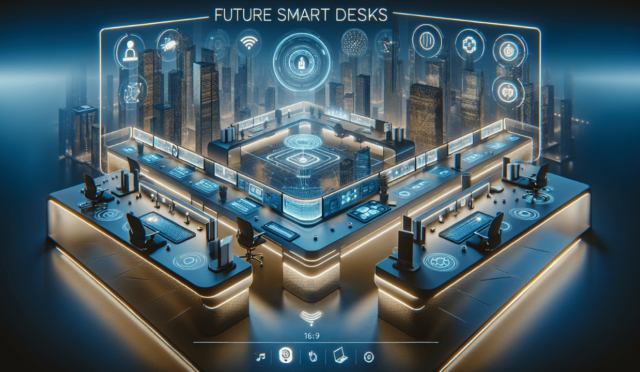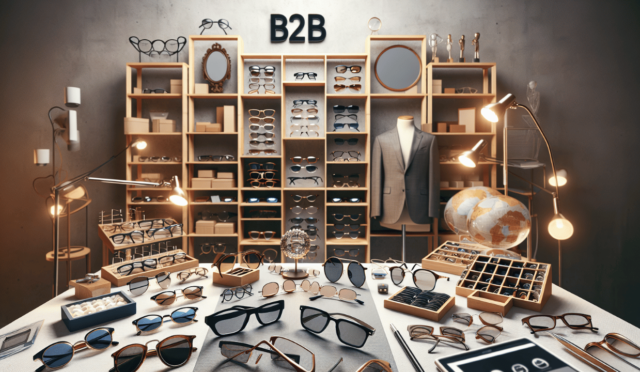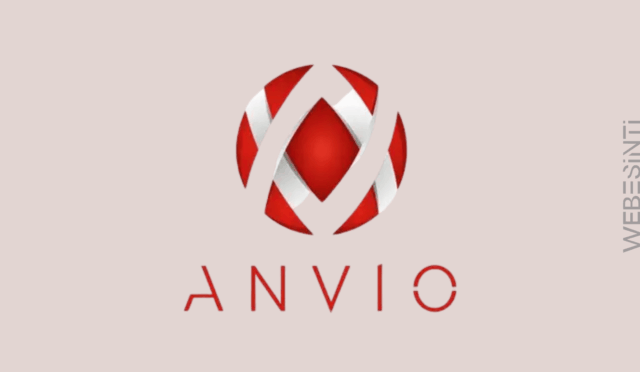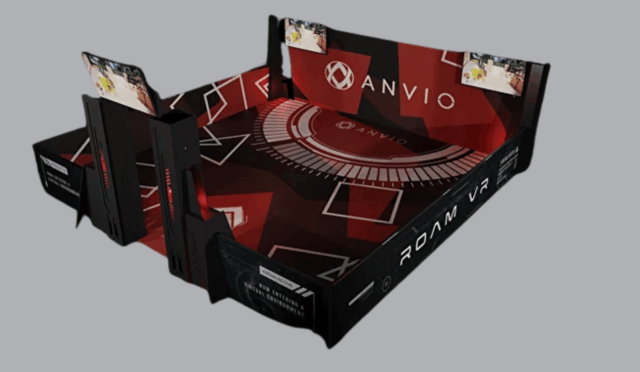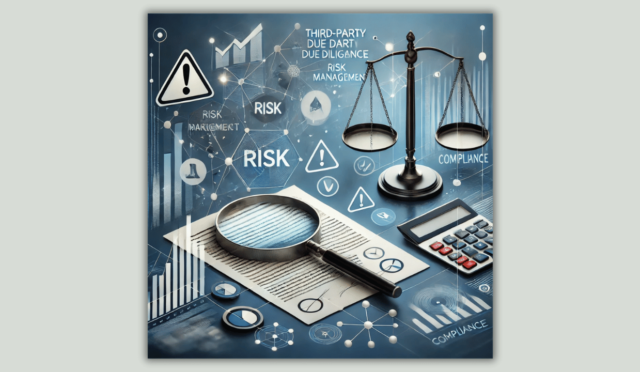CNC Machining Services: What Are They?
A CNC machine stands for Computer Numerical Control Machine. It is an intricate piece of equipment dedicated to the mechanized and automated composition of components. It functions as a contemporary tool used for cutting, drilling, milling, and turning, among other activities. This makes it a vital implement in contemporary fabrication in almost every field.
View CNC Machining Services – ETCN details to get into the details.
How Does CNC Machining Work?
CAD software is the most common way of making digital, two-dimensional designs that are used in CNC Machining. This design is later transformed using Computer Information in some form of language into a set of instructions termed as G-Code. EDM utilizes CAD in combination with CAM, which outputs G-code to create a model. Several parameters defining speed, feed, and tool’s motion alongside the complexity of the form being machined are modeled in simulation before production begins. It is preferred both while crafting a new design and creating a large quantity of identically shaped parts.
Types of CNC Machining Services Available
- A variety of services designed towards the specific needs of the industry comprise CNC machining. A few of the more commonly employed include the following:
- CNC Milling – Involves cutting away excess material to create complicated forms and features with rotary cutting tools.
- CNC Turning – An operation where the workpiece is rotated and shaped with cutting tools. Best for creating cylindrical elements.
- CNC Drilling – Uses high precision techniques to accurately place and drill holes facing vertically into the material.
- CNC Grinding – Smoothes surfaces with an abrasive wheel while achieving tight tolerances.
- Electrical Discharge Machining (EDM) – A process of forming materials by using a controlled electrical discharge.
- Multi-Axis CNC Machining – Refers to 4-axis and 5-axis machining which allows for the simultaneous movement of the tool, resulting in higher complexity for parts designs.
These supports assist manufacturers in creating materiel with different application from aerospace to medical devices to be created with confidence.
What Materials Are Used in CNC Machining?
Can I Use Metal for Custom CNC Machining?
Certainly, metals are among the most commonly used types in custom CNC machining. Many metals including aluminum, stainless steel, titanium, brass, and copper can be used with CNC machining. Each of these metals have unique advantages: aluminum has low density and resistance to oxidation, while stainless steel is exceptionally strong and durable. Such properties enable metals to be used in various industries including aerospace, automotive and medical technology.
What Type Of Plastic Can Be Used For CNC Machining?
Several plastic types can be used for CNC machining, for instance, ABS, polycarbonate, nylon, PEEK (Polyether ether ketone), and acrylic. These materials are selected considering their mechanical, thermal, and chemical properties. Specifically, PEEK is used in the production of high strength and high temperature components whereas Acrylic is preferred for optical parts due to its high clarity. Specialist requirements for each end product determine the most suitable type of plastic material.
How do CNC Machining Materials Affect Quality and Precision?
The selection of materials in CNC machining has a direct impact on the quality and precision of manufactured parts. Such attributes like thermal, chemical, structural, and mechanical properties affect how a material is formed. To illustrate, harder materials may reduce tool life expectancy as well as part accuracy if the machining speed is too high, while softer materials may require increased machining speed to avoid changes in geometry. Appropriate utilization ensures accuracy in shape and dimensions, quality of surface finish, and reliability of components, which is based on the ability to produce precisely defined parts.
Advantages of CNC Machining
Benefits of Using CNC Machining Services
Services in Computer Numerical Control (CNC) machining have a variety of benefits that improve the performance and accuracy of manufacturing processes. While each benefit is important, one of the most prominent is the ability to work with highly defined and repeatable component parts with close tolerances that are required in industries like aerospace, automotive, and medical devices. Production quality and consistency is improved because CNC reduces the chances of human error in production. In addition, CNC milling and turning processes can be used on different types of materials like metals, plastic, and composites, which makes it even more adaptable. Precision services and intricate designs that are hard or impossible to create using traditional techniques can be made with CNC Machining.
Target Precision Level for Desired Result Outcomes
Optimal project results can only be achieved by placing high precision on CNC machining. When a component is created, parts are machined to their high precision levels. This guarantees system performance and specification of the desired product to any level. The accuracy of the specifications will allow the implementation of the product to be approved without any issues. Different components of the end product can work in unison and meet their purpose. Reducing product build complications increases product performance at a lower cost. Prototypes and parts used in production can all benefit from supreme standards of quality, and customer satisfaction from regulatory sectors is achieved.
Decrease in Production Speed
The greatest benefit of CNC machining has to be the remarkable reduction in production time possible with its use. The automation and programmability of the CNC machines mean that production cycles are rapid and efficient, often allowing manufacturers to meet even the most rigid deadlines. With respect to operations like milling, drilling, and turning, machined components require little to no downtime since the machines can be left running without constant manual attendance. In addition to this, the speed of production is greatly enhanced with pre-programmed tools for specific tasks because the setup process is much smoother. This, paired with the agility of CNC machining, makes it suitable for a variety of projects, whether they are small-batch or large-scale manufacturing endeavors. These time savings mean that products can be delivered in a timely manner, which improves the competitiveness within the market.
Getting an Instant Quote for CNC Machining Services
How to Get a Quote for a Custom CNC Machining Project
Getting a quotation for the custom CNC machining project is rather easy as it mostly entails the submission of project details to an online interface. The vast majority of trustworthy CNC machining companies possess an instantaneous quotation or rapid quote feature on their websites so that you can assess the expenses and periods at your convenience.
Information Required for an Online CNC Machining Service Quote
In order for the quote to be as accurate as possible while also improving efficiency, you are expected to provide sufficient problems such as:
CAD Files – Provide high-quality 3D CAD files such as STEP, IGES or STL files that define and outline the parts’ geometry and dimensions.
Material – Specify what material is needed for the parts which include various forms such as aluminum, steel, titanium or specific plastis.
Finishes – Identify surface treatments or finishes such as anodizing, polishing, or coatings which may be important for your application.
Tolerances – Add any particular dimension tolerances that are critical, or design features that are necessary for the engineering work.
Quantity – As this impacts production techniques and costs, please make sure to list the amount of required parts along with the number.
Lead Time – In order to estimate production priority and feasibility, please tell us your desired schedule for the required parts.
Delays and miscommunication can be mitigated by thorough information tracking and creating a communication plan.-upfront communication has the potential of ensuring everything is sorted out so that the quote is precise and everything is accurate.
Prototypes vs. Production Parts Quotes
While requesting estimates, it is wise to make distinctions between prototyping and actual production to avoid discrepancies in the provided quotes. The prototype quoting process is mostly low volume focused due to the setup and 3-axis rapid turn mills that result in production baking lower set-up costs than delivery times. In these scenarios, costs are often incurred on a per-unit basis. In contrast, production-focused pricing is structured to allow for optimized economies of scale, which raise set-up costs but lower costs in conjunction with shipping multi-spindle and more powerful machined or automated workflows as volume increases. Ensure that you state the type of quote you intend to receive so that the pricing strategy, as well as the quoting timeframe, is reflective of your intent.
CNC Machining FAQs: Common Questions Answered
What are the tolerances for CNC machining?
Tolerances explain the variation that is permissible for a part’s dimensions so that the components can carry out their intended functions as designed. The standard tolerances for CNC machining operations are normally between ±005 inches (±0.127 mm) and ±0.002 inches (±0.0508 mm), which should consider, among other factors, the material, machine specifics, and design criteria. Achievable tolerances on critical features may be tighter, but such tolerances could make the production more expensive and the timeframes longer. It is best to specify tolerances during the design phase to ensure that the project will be feasible and economical to carry out.
What are the common surface finishes for CNC machined parts?
The CVC parts can be produced with different surface finishes in order to meet more functional or aesthetic targets. One way to classify them is:
- As-Machined: The finish that occurs when machinery is complete. It may contain minor tool marks.
- Bead Blasting: A fine abrasive mask that achieves a uniform matte texture.
- Anodizing (for aluminum): Coating achieves surface which is resistant to corrosion & other damages. Can either be color coated or clear.
- Powder Coating: A form of paint that provides enhanced aesthetics and protection with minimum risk of being damaged.
- Polishing: Achieves the smooth reflective surface, which are needed for applications like optical components.
Selecting a particular finish should be determined by the function, material settings, and design of the component. All finishes have their distinct applications.
Can I order both, plastic and metal parts from CNC machining?
Yes, CNC as a process is flexible because it is able to process a variety of materials. In fact, both plastics and metals can be used. Aluminum, steel, brass, and titanium are widely used metals, whilst ABS, polycarbonate, nylon, and PEEK are common plastics. Selecting the appropriate material is essential in order to achieve the performance, durability, and cost objectives of your project. This is important. The good news is that you can rest assured regardless of the choice of materials- metal or plastic, components manufactured with CVC technology are always precise, and clients derive high-quality components.
Finding the Right CNC Machine Shops
How to Choose the Best CNC Machine Shop for My Project?
You have to verify some important details about the project if you wish to locate the right CNC machine shop for your project. Consider the shop’s capabilities first. You need to think about the methods, devices, and technology involved as well as the relevant experience with the materials and the final output. Look for ISO 9001 certification and similar standards, which suggest that quality management standards are followed. Also take into account the lead times and production capacity of the shop in order to meet your schedule. Eliminate shops that do not have a reliable communication system in place and transparent pricing to customers. Remember, the shop must demonstrate a proven track record in the delivery of parts as well.
What Are the Key Factors To Consider When Working With a Chain of CNC Machine Tool Shops?
When working with a network of CNC machine tool shops, the primary consideration is consistency and coordination. It is important to make sure that the quality and the machining tolerances are maintained across all the shops in the network. Communication is vital, and that is why in the CNC machines network, there should be an effective platform for tracking orders, sharing design files, and sorting out other issues concurrently. Assessing the geography of the machine shops as well as the shipping charges is crucial since those will have an impact on the lead times and cost of the project. With proper management of all these factors, it is possible to enjoy the flexibility and scalability a network offers.
How Reliable Are Online CNC Machining Services?
Due to their ease of use and variety of manufacturing methods, CNC machining services are increasingly preferred. These services provide quotes instantly, have short delivery times, and can get parts made anywhere in the world. But, how dependable these services are depends on the vendor. Do check their reviews, whether there are any customer complaints, and if the platform has set processes with guarantees for quality and delivery. Many reputable web-based services offer enhanced engineering design services where DFM feedback is given. With thorough verifications, one can conclude that online CNC machining services, indeed, are dependable and effective in prototyping and manufacturing.
CNC Machining for Various Projects
What Types of Projects Can Benefit from CNC Machining?
CNC programmable machines can be used for a variety of projects in different sectors. As such, it is very useful in the aerospace, automotive, robotics and medical industries that require accurate parts to be manufactured. In addition, the speed and precision with which functional prototypes can be made make CNC machining beneficial to prototyping projects as well. CNC machines are also very effective at low-volume production runs, custom tooling, and complex geometries that are difficult to produce with conventional techniques. Undoubtedly, all projects that have an emphasis on efficiency, precision, and durability to detail can benefit greatly from CNC machining technologies.
How Do I Combine 3D Printing And CNC Machining In An Efficient Manner?
While conventional CNC technology allows for more versatility in design complexity, it is not as economical as 3D printing. At the same time, hybrid techniques allow for increased customization and improved TAT by reducing the amount of rework needed. This is accomplished by making 3D-printed parts that are modified by subsequent machining operations, thus allowing additive and subtractive manufacturing to work together. These technologies can be utilized separately or in conjunction to enhance business efficacy.
What is the Typical CNC Machining Process for Custom Parts?
When custom parts are produced, CNC machining goes through a systematic workflow that guarantees accuracy and efficiency. The process starts with the engineers’ design phase, during which 3D CAD models of the appropriate components are made. Afterward, the models are transformed into G-code for CNC instructions. Once the programming is done, the machining begins with material selection, which is then followed by securing the raw material in the CNC machine. The first part of the machine’s task is to cut, drill, or mill the raw material into the required shape. Once the machining is done, the crafted part is quality-checked against the required tolerances and specifications. Other post-processing steps like surface finishing or treatments may also be included to improve the aesthetic and functional requirements of the product. This ensures the final delivery of the custom parts meets the high performance standards set.

